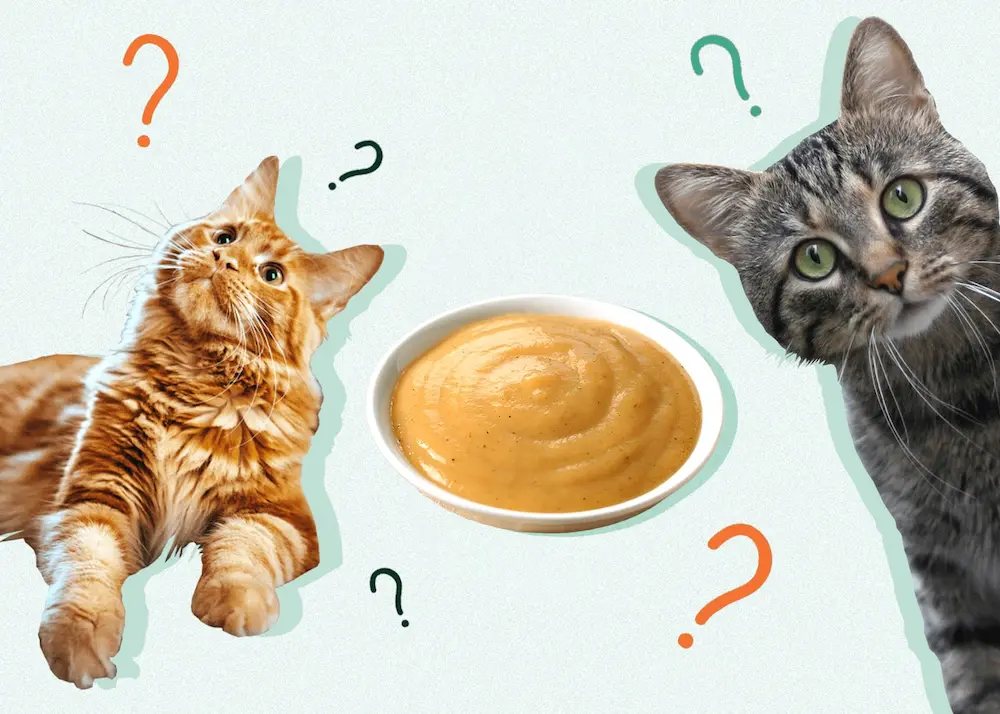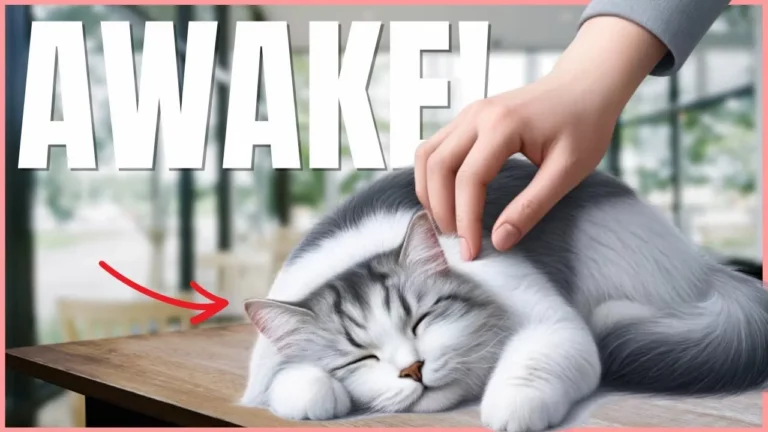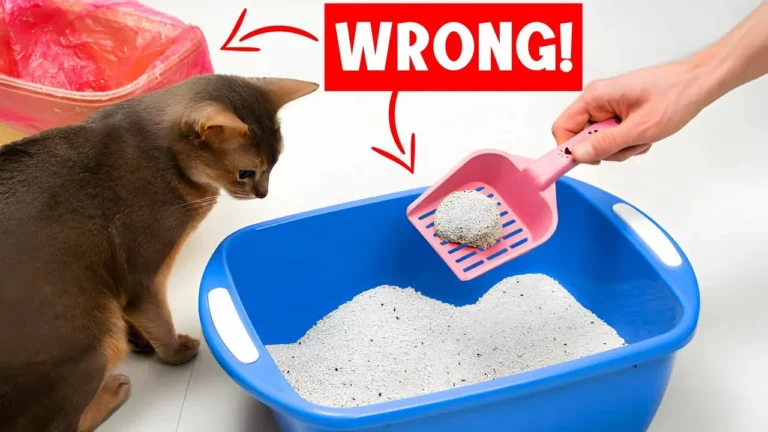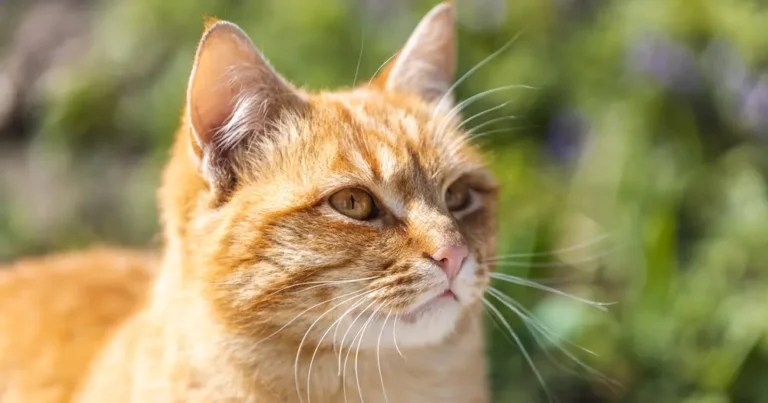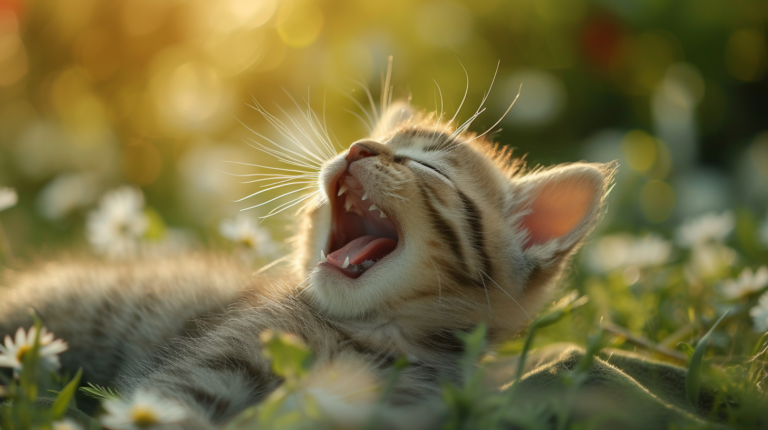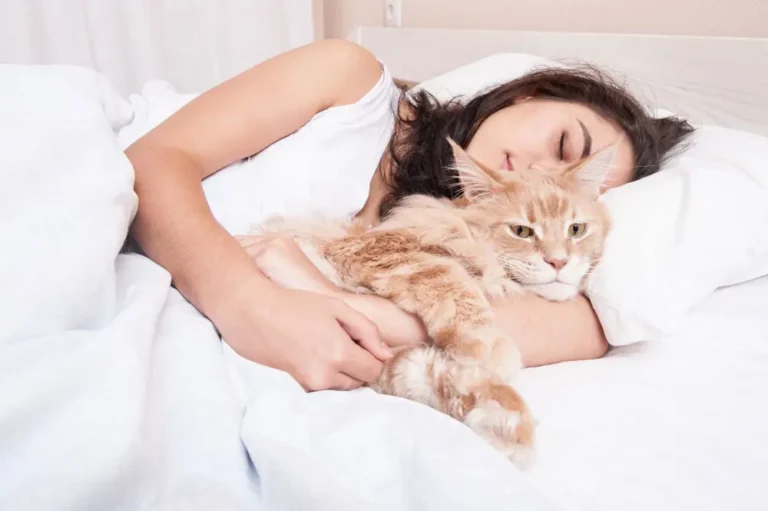Can Cats Eat Baby Food? What Is The Actual Harm In That?
You might wonder if it’s safe to give your
hese include the nutritional needs of cats, the common ingredients found in baby food, and potential risks such as harmful additives.
Understanding how to safely incorporate baby food into your
So, what should you look out for before offering that spoonful to your furry companion?
Common Ingredients in Baby Food
When examining baby food, you’ll often find common ingredients such as fruits, vegetables, and grains.
These ingredients are chosen for their nutritional value and digestibility for infants.
For instance, fruits like apples, bananas, and pears are rich in vitamins and minerals.
Vegetables such as carrots, peas, and sweet potatoes are packed with essential nutrients like fiber and vitamins A and C. Grains, including rice and oats, provide important carbohydrates and are gentle on developing digestive systems.
You’ll also notice that baby food is typically free from added sugars, salt, and artificial preservatives.
This is because infants have sensitive systems that can’t handle these additives.
The preparation methods aim to maintain the natural flavors and nutrients of the ingredients, often resulting in purees or finely mashed textures that are easy to consume.
It’s important to recognize that baby food is created with human infants in mind, focusing on their specific dietary needs.
While these ingredients are generally safe and nutritious for babies, understanding their suitability for other purposes, like feeding pets, requires careful consideration.
Always make sure you know the exact contents of baby food before offering it to different beings.
Nutritional Needs of Cats
Cats have unique nutritional needs that differ greatly from those of humans.
As obligate carnivores, your
Protein is particularly important for your
It’s the primary energy source for cats and supports their overall health, including muscle maintenance and immune function.
Animal proteins, found in meat, fish, and poultry, are the best sources because they contain the complete amino acid profile cats need.
Fats are also essential in your
However, moderation is key, as excessive fat can lead to obesity and related health issues.
Carbohydrates, while not necessary, can be included in small amounts.
Cats have a limited ability to digest and utilize carbs, so their diet should prioritize protein and fat.
Additionally, water is important. Cats often don’t drink enough on their own, so wet food can help keep them hydrated.
Benefits of Baby Food for Cats
Given your
Baby food, particularly those containing simple, pure ingredients like pureed meat, can be quite advantageous for your
First, it can be easier for your
Moreover, baby food can be an excellent way to entice a finicky eater.
Cats, especially when they’re unwell, might refuse their regular
Additionally, baby food can be a convenient option for administering medications. Mixing a pill or liquid medicine into a small amount of baby food can make the process less stressful for both you and your
Furthermore, baby food often contains high-quality protein, essential for maintaining your
Therefore, incorporating baby food into your
Potential Risks and Concerns
Despite its benefits, feeding your
One major issue is the presence of ingredients that are harmful to cats.
Many baby foods contain onions, garlic, or other seasonings that can be toxic to our furry friends. Even small amounts of these ingredients can lead to serious health problems like anemia.
Another concern is that baby food isn’t nutritionally complete for cats.
While it might be tempting to offer it as a regular meal, baby food lacks essential nutrients that your pet needs for balanced health. Over time, this can lead to deficiencies and other health issues.
Additionally, feeding your
If your pet suddenly prefers baby food over their regular diet, it could indicate dental issues or other medical conditions that need veterinary attention.
Relying on baby food as a staple can delay proper diagnosis and treatment.
How to Safely Feed Baby Food
When providing baby food to your
Always check the ingredient list for onions, garlic, and other seasonings that can be toxic to cats. Opt for plain, meat-based baby foods without added sugars or preservatives. Chicken, turkey, or beef purees are generally safe choices.
Before introducing baby food to your
Once you get the green light, start by offering a small amount.
Monitor your
You can use baby food to entice a sick or elderly
Always store opened baby food in the refrigerator and use it within a few days to ensure freshness. By following these guidelines, you can safely incorporate baby food into your
Conclusion
In conclusion, it’s safe to offer your
Baby food can be a gentle treat for cats with sensitive stomachs or picky eating habits, but it shouldn’t replace their regular diet.
By being mindful and informed, you can safely give your
